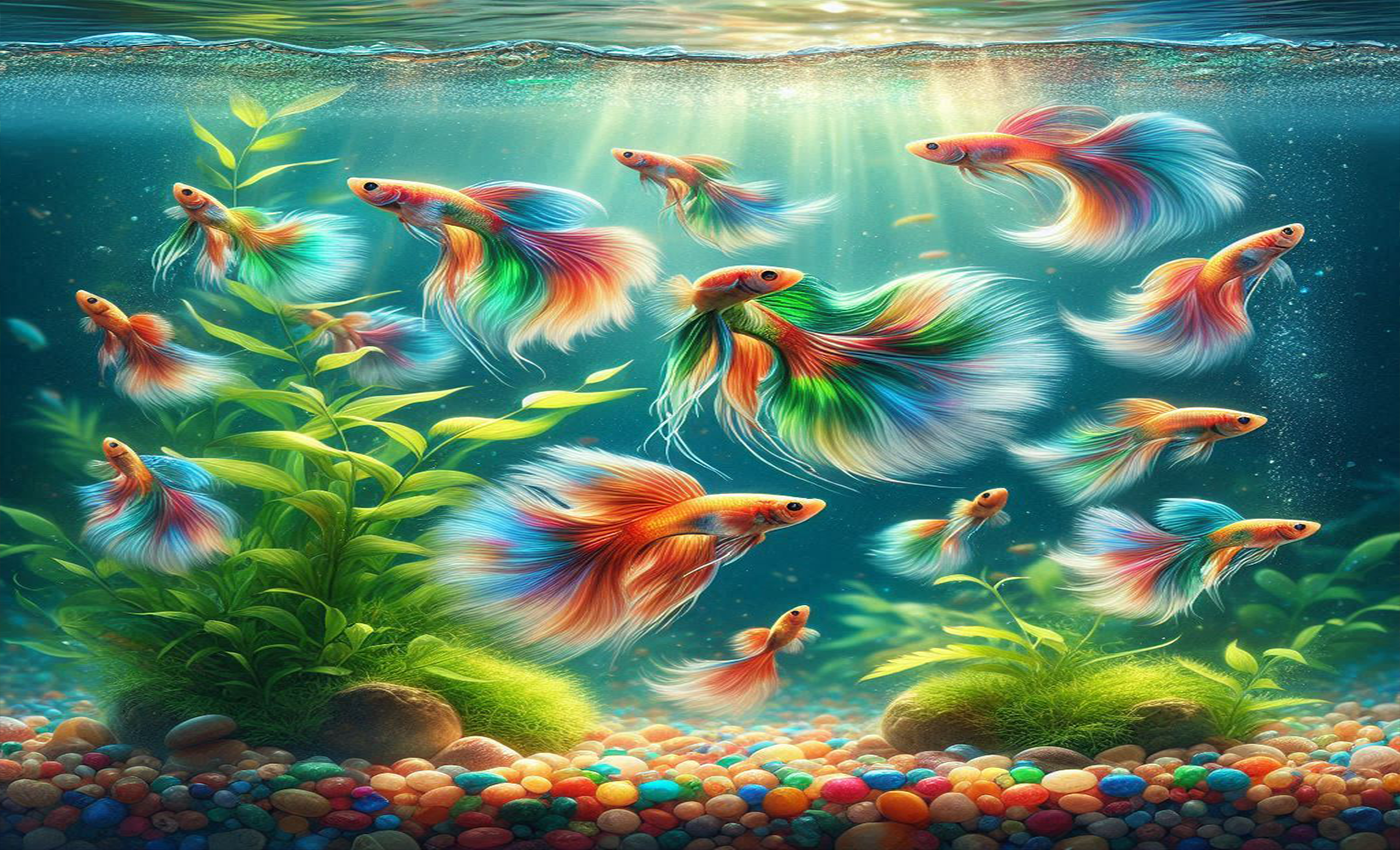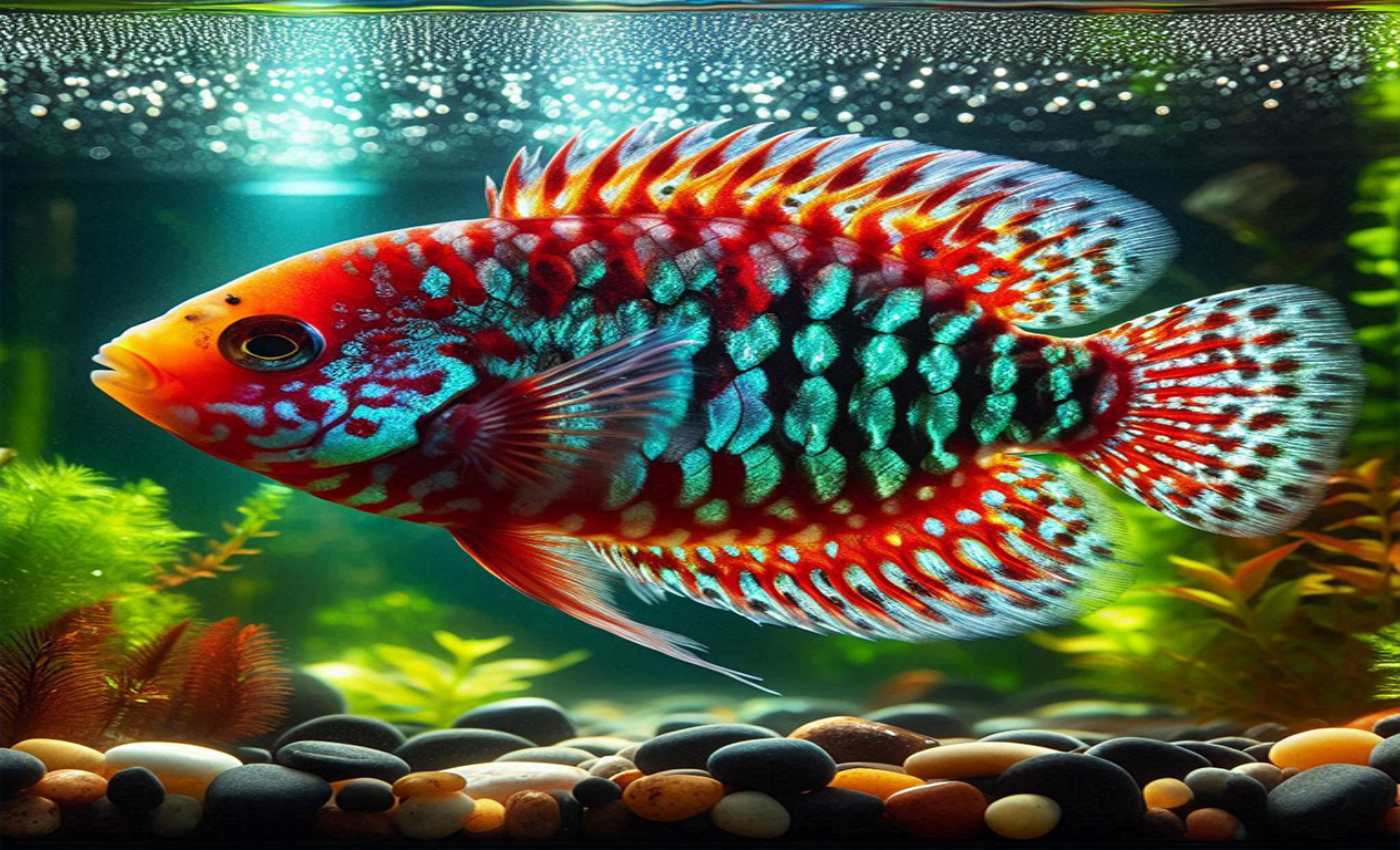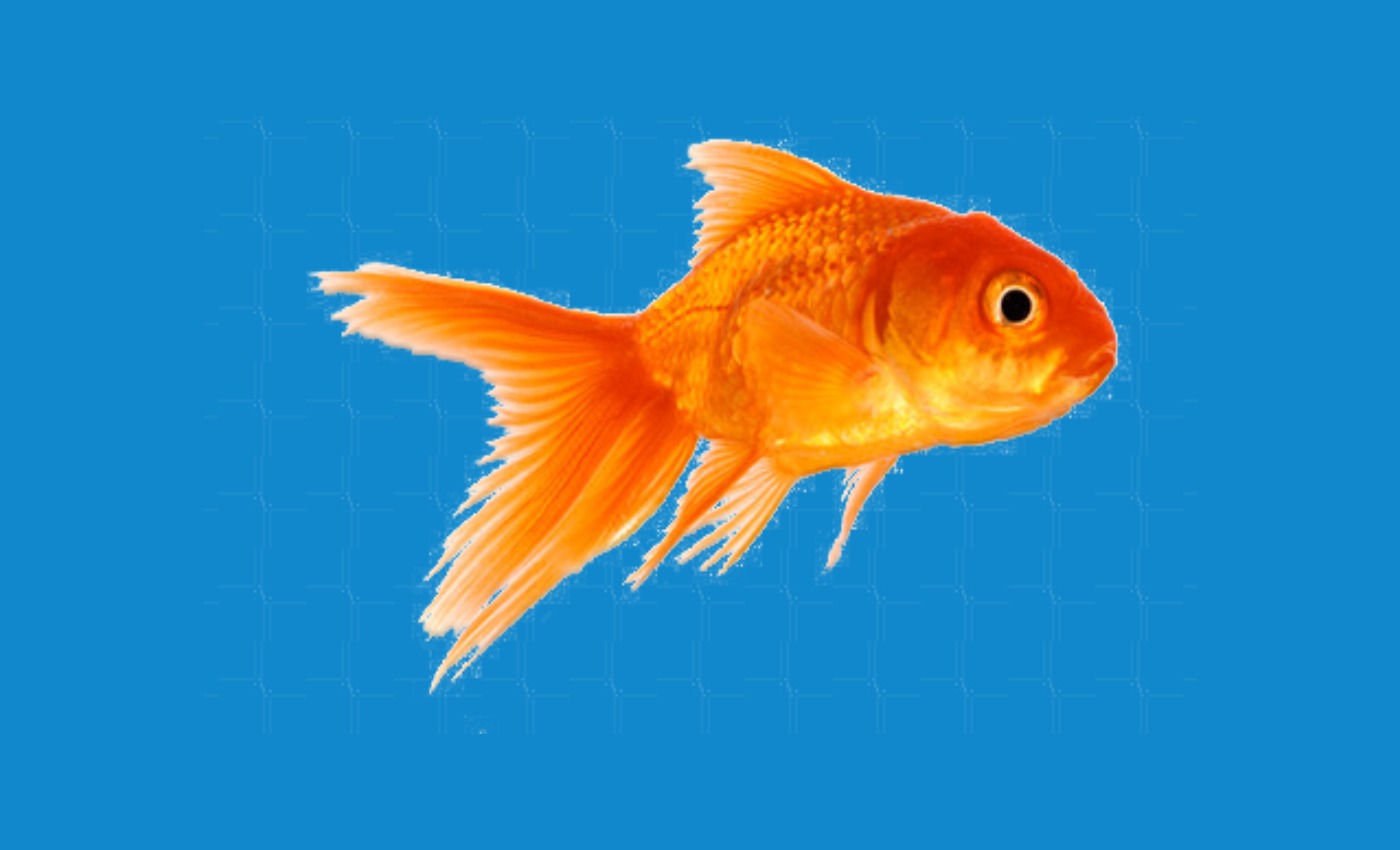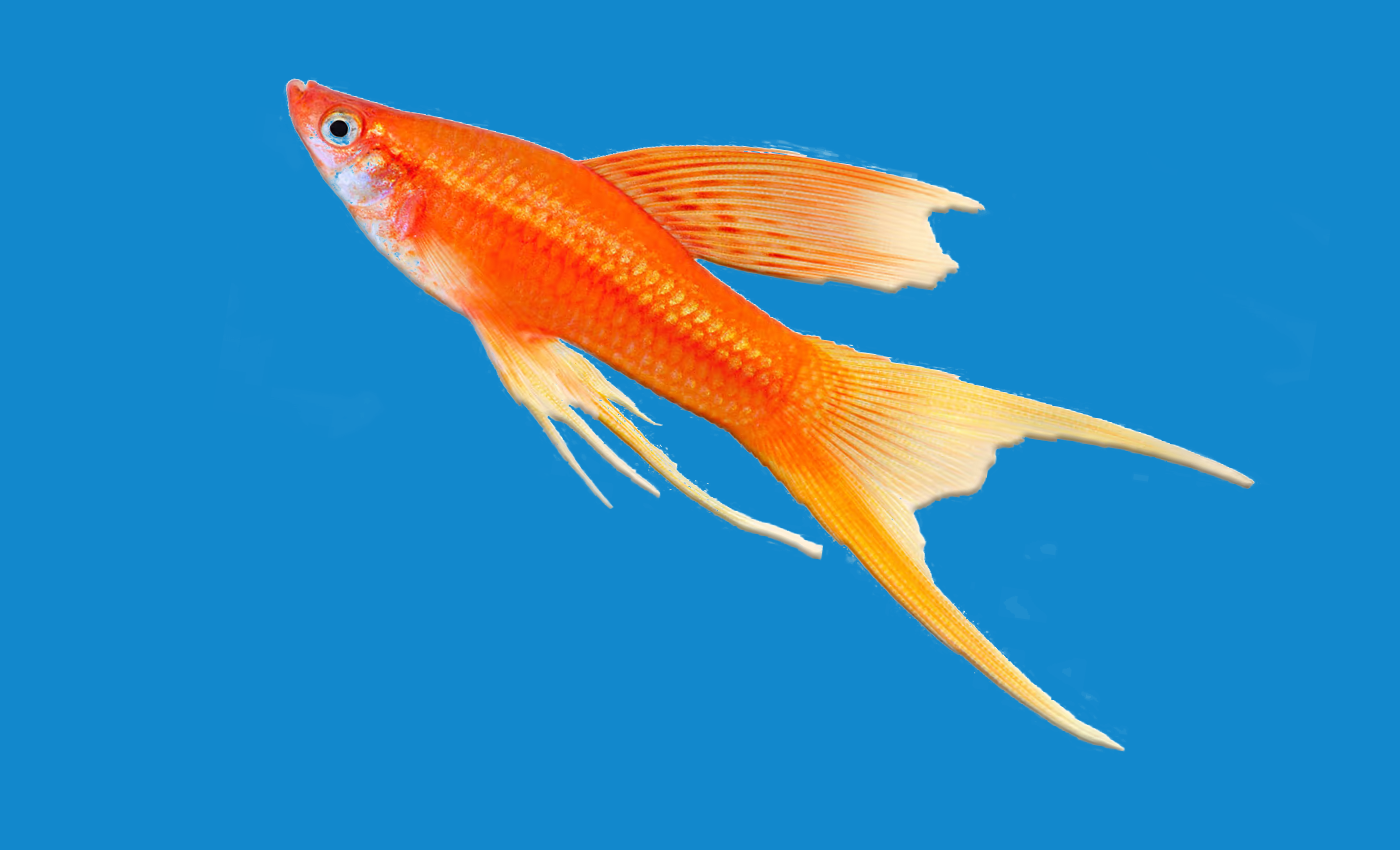Guppies Fish: Popular & Inexpensive Freshwater Favorite

Overview
Guppies (Poecilia reticulata) are small, colorful fish that are ideal for community tanks due to their peaceful nature and adaptability to various water conditions. They thrive in aquariums with live plants and offer a stunning visual appeal with their diverse color patterns.
Characteristics
Guppies typically range in size from 3 to 6 centimeters (approximately 1.2 to 2.4 inches), making them suitable for small to medium-sized aquariums. They are known for their vibrant colors and distinct tail shapes, which vary between males and females.
Aquarium Setup
Maintenance and Requirements
Maintaining a healthy environment for guppies involves several key factors:
- Tank Size: While guppies can survive in smaller tanks, it is recommended to provide at least 10 gallons (approximately 38 liters) of water per pair or small group. Larger tanks help maintain stable water conditions and provide ample space for guppies to swim and breed.
- Water Quality: Guppies prefer slightly alkaline water with a pH level between 7.0 and 8.0. Regular water changes (approximately 25% every two weeks) help keep water parameters stable and ensure the health of your fish.
- Decoration: Live plants like java moss, hornwort, and anacharis not only enhance the aesthetic appeal of the aquarium but also provide hiding places and grazing opportunities for guppies.
Feeding
These are omnivorous and also enjoy a varied diet:
- Diet: They can thrive on a diet of high-quality flake food or pellets designed for tropical fish. Supplement their diet with occasional treats of live or frozen foods such as brine shrimp, daphnia, or bloodworms to provide essential nutrients and keep them active and healthy.
- Feeding Schedule: Adult guppies should be fed once or twice daily, offering small amounts of food that they can consume within a few minutes. Overfeeding should be avoided to prevent water quality issues and obesity in guppies.
Reproduction
Guppies are renowned for their prolific breeding habits:
- Breeding: Female guppies can store sperm for several months, allowing them to produce multiple broods of fry from a single mating event. They give birth to live fry approximately every 4 to 6 weeks under favorable conditions.
- Fry Care: To increase the survival rate of fry, provide dense vegetation or breeding traps within the aquarium where newborns can seek shelter from adult guppies who may view them as potential prey.
Cost and Accessibility
Guppies are readily available and affordable, making them accessible to aquarium hobbyists of all levels:
- Cost: Prices for guppies can start as low as 20 rubles, depending on the color variety and breeding history of the fish. This affordability makes guppies an excellent choice for those new to fishkeeping.
Maintenance Tips
Filter and Aeration
While guppies can tolerate a range of water conditions, proper filtration and aeration are essential for their health and well-being:
- Filter: A small, low-flow filter is recommended to remove debris and maintain water quality. Choose a filter that provides gentle water movement without causing stress to the fish.
- Aeration: Guppies appreciate mild water movement, which can be achieved through a low-flow air pump or the filtration system itself. Avoid strong currents that may exhaust guppies, especially fry and pregnant females.
FAQs about Guppies
1. Are guppies suitable for beginners?
Yes, guppies are perfect for beginners due to their hardy nature, ease of care, and tolerance for a wide range of water conditions.
2. How often should I feed my guppies?
Feed adult guppies once or twice daily, offering only what they can consume within a few minutes to avoid overfeeding.
3. Can guppies live in a community tank?
Yes, guppies are peaceful fish that can coexist with other small, non-aggressive fish in a community aquarium setup.
4. Do guppies need a heater in their tank?
Guppies prefer water temperatures between 72°F and 82°F (22°C to 28°C). In colder climates, a heater may be necessary to maintain optimal temperature.
5. How often should I change the water in my guppy tank?
Perform a water change of approximately 25% every two weeks to maintain water quality and remove accumulated waste.
6. What should I feed baby guppies (fry)?
Baby guppies can initially feed on microorganisms and algae present in the tank. As they grow, provide them with finely crushed flake food or specialized fry food.
7. Can guppies live without a filter?
While guppies can survive without a filter in a heavily planted tank with regular water changes, a small filter helps maintain stable water conditions and reduces maintenance.
Conclusion
Guppies are versatile and charming freshwater fish that add vibrancy to any aquarium. With their stunning colors, ease of care, and prolific breeding habits, guppies are an excellent choice for both novice and experienced aquarists. By providing a suitable environment with proper nutrition and maintenance, you can enjoy the lively antics and beauty of these beloved fish in your own home aquarium.



Post Comment